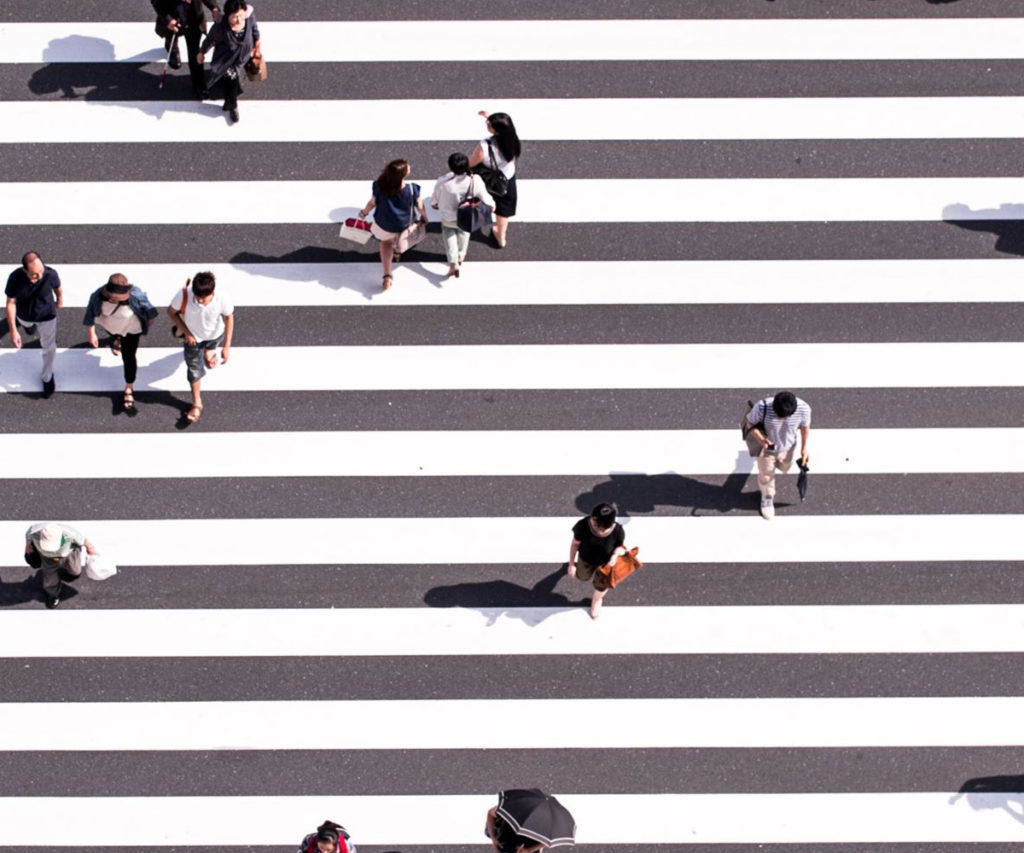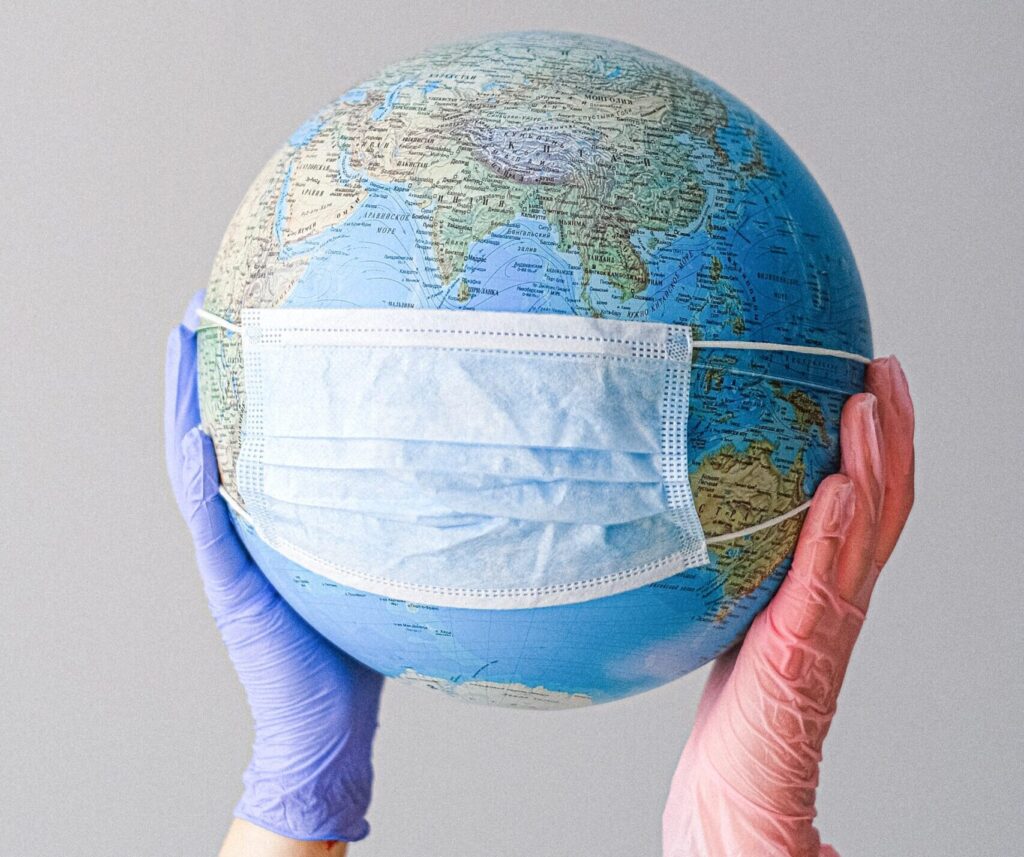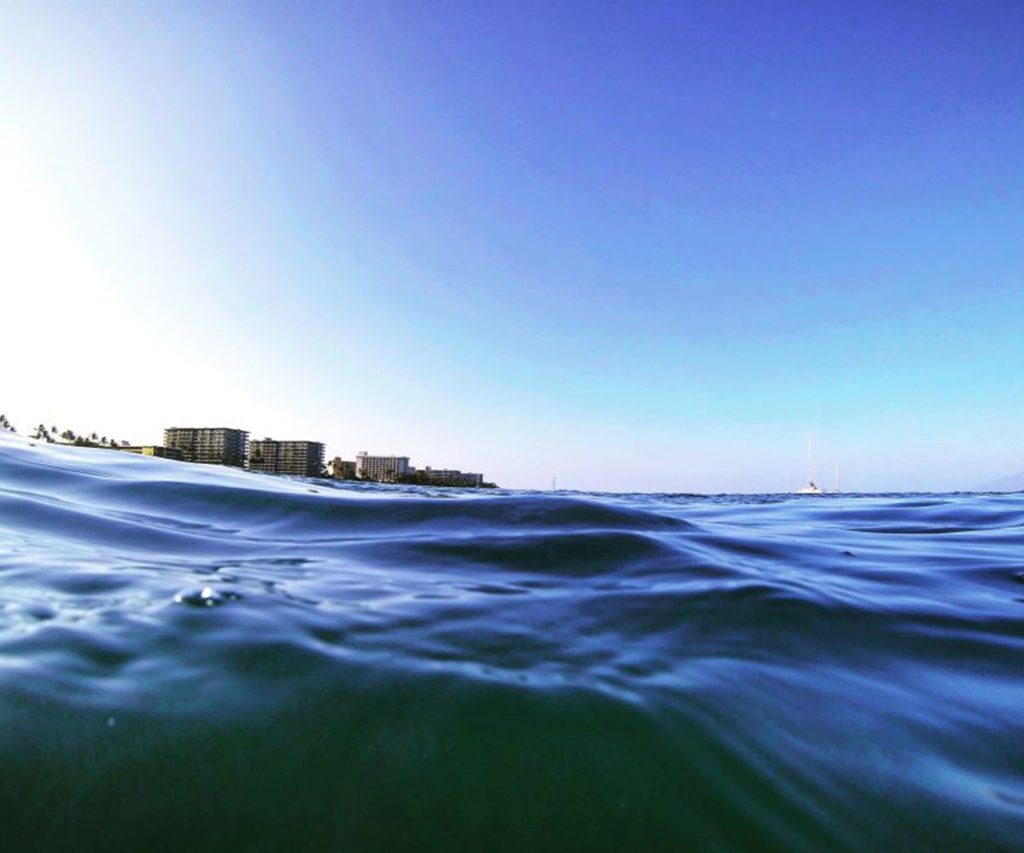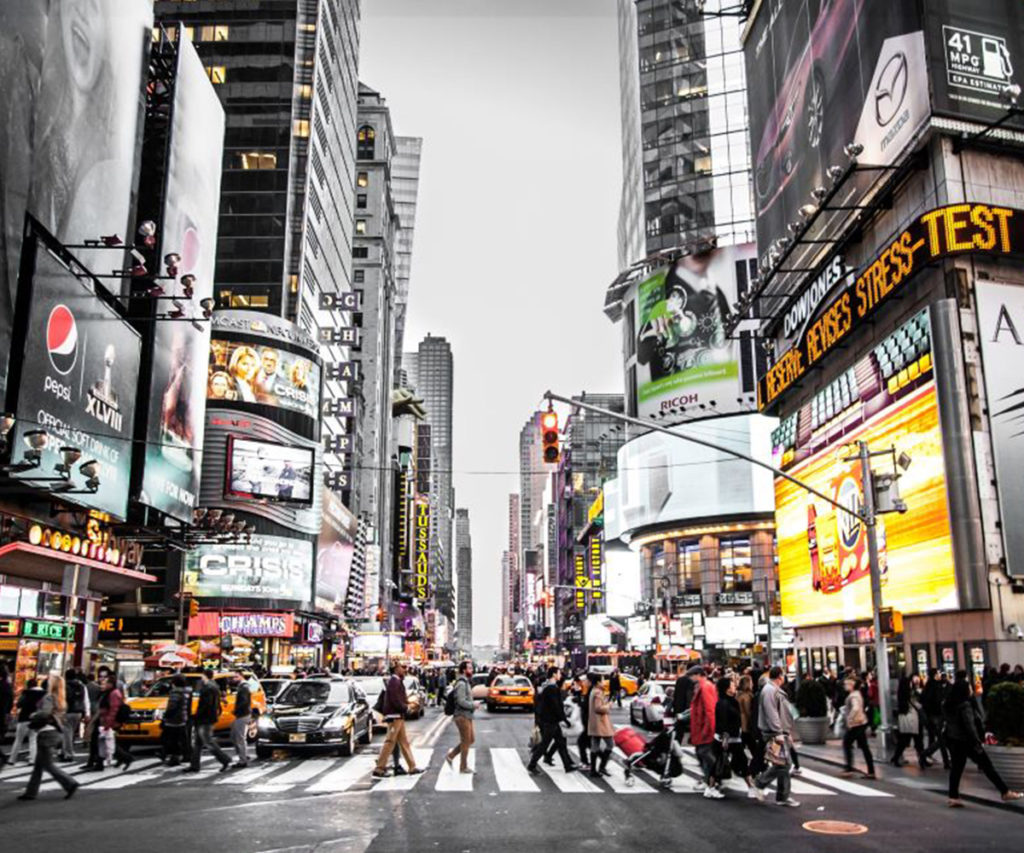As one of the first cohort of student interns at Asia’s first and largest soap-recycling charity, Soomi Hong has taken that impactful experience forward to guide her personal and professional life since.
Read our recent interview with Soomi as she talks about the importance of having our values aligned with the work that we do, her current role at the United Nations ESCAP, and her approach to contributing to the world positively.
Tell us about how you became the first cohort of student interns at Soap Cycling?
I got to know David Bishop when I was a student in his trade law class, and I remember him talking about the Soap Cycling initiative. That was in 2013, so less than one year since the organization was founded. David already had a group of students involved in the initial stage of getting the organization up and running, and I was very interested in being a part of that movement. So I talked to David, and that is how I got started at Soap Cycling during my last semester at HKU.

What was your role and responsibility at Soap Cycling?
I initially joined as a relationship management intern, but in the end I did a bit of everything. I helped with the monthly collections, where I rode in a work van and collected boxes of soap bars from hotels. I helped onboard some hotels to the Soap Cycling recycling program. I joined David in some meetings with foundations to seek potential contributions. I also helped with the workshops held at the warehouse, where we had staff from the partner hotels come see and partake in preparing collected soap bars for re-distribition.
What was it about your internship at Soap Cycling that you found so impactful and meaningful?
I worked at Soap Cycling for only six months at most, but to me, it was a very impactful and memorable experience. First of all, Soap Cycling was one of the first internships that I had where I was getting involved in a lot of different aspects of the operation and had a pretty expanded scope of responsibility. This was quite different from other internships where students usually get specific tasks and gain limited exposure and rarely have the opportunity to gain a comprehensive understanding of the work and the organization.
Secondly, I have always been a pretty environmentally conscious person and Soap Cycling is just an embodiment of that. One of the aspects of environment and sustainability that I am most interested in is reducing waste, and the concept of collecting and recycling lightly-used soap bars to be redistributed to communities in need just made sense. I got on board very quickly, because I was very passionate about the initiative – I’m still passionate about it now!
I loved working at Soap Cycling because I fully believed in its mission. I fully understood what we were doing and why we were doing it. I also had a strong belief that what we were doing would make a positive impact in the world.
Having a strong attachment to the work that I was doing has set a very good standard for me going forward in my career. I always remembered that powerful feeling and connection I had to the work, and I always try to keep this active in whichever type of work that I do in different stages of my career.
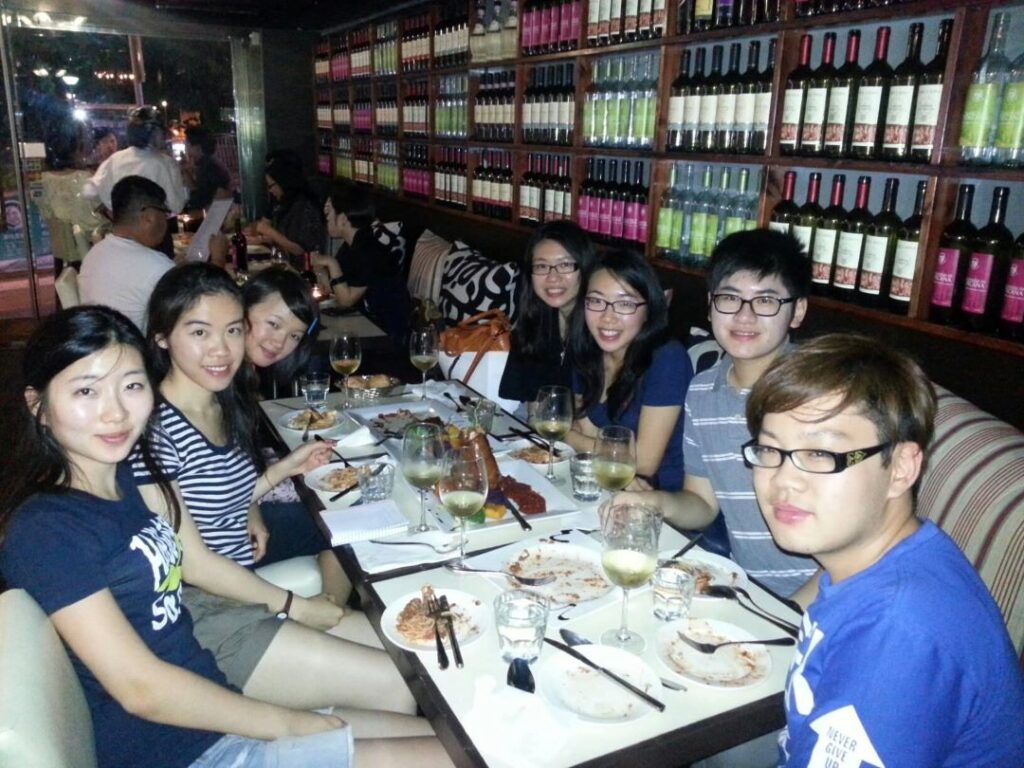
How has your experience at Soap Cycling influenced your study or career path?
After I left Hong Kong in 2013, I went to do a master’s degree in social science in Switzerland, with the hope that I would continue my dream of making positive contributions in the world.
At that time, my dream was to work for international organizations in Geneva or elsewhere in the world. However, I gradually realized that it would be very difficult to enter this field as a fresh graduate, and also due to family reasons, I decided to return to my home country, South Korea.
I started working first in accounting, in PwC then in KPMG, first in Korea, then in Hong Kong. Then, just before the pandemic, I made a career shift and joined VF Corporation and then Gap, working in global sourcing as a specialist in data and strategy, with the hope of gradually pivoting to sustainability in the apparel sector.
Then, early this year, I had an unexpected opportunity to join the United Nations as an Associate Economic Affairs Officer. I am currently working in Bangkok, at the United Nations Economic and Social Commission for Asia and the Pacific (UNESCAP), in the disaster reduction section.
In my current role, I work with different government agencies, universities, specialized organizations etc. to help build regional cooperation and resilience to natural calamities, which are being further exacerbated by climate change. This work is very meaningful as it has the power to save the lives and livelihoods of some of the most vulnerable people in the world, and I am grateful to have this opportunity to further align my beliefs and values with my work.
How can individuals create positive social impact?
Don’t be afraid to start small and start somewhere. I have been doing some things on a small and personal scale, but consistently, and this has helped me remind myself of who I am and of my values.
About two to three years ago, I finally decided to stop eating meat to reduce my carbon footprint. Quite a number of people have since asked me why and whether I truly believe that my action will make any difference at all. I believe in making small steps for the planet and for myself, to remind myself of my values, and to vote with my actions.
My goal in trying to reduce waste and my personal carbon footprint has never been about single-handedly making a defining dent, but this is my mantra and my practice of making choices that reflect my values. I believe that with every small choice and decision, we have the potential to make a positive impact first on ourselves, then, in the world.
What is your advice to impact-driven youth who would like to create greater shared impact?
It is easy to forget as we live our busy day-to-day life, but our time on Earth is limited and we will all have days in our future where we reflect on our lives and our past decisions.
My baseline has always been that I do not want to live with regrets, and personally, I have experienced the greatest regrets in actions not taken, attempts not made, due to fear or inertia. My advice would be to imagine if you’re going to regret not doing something in the future. If the answer tilts more toward a yes, then perhaps it will be worth a try and you might be surprised to see what happens next.

